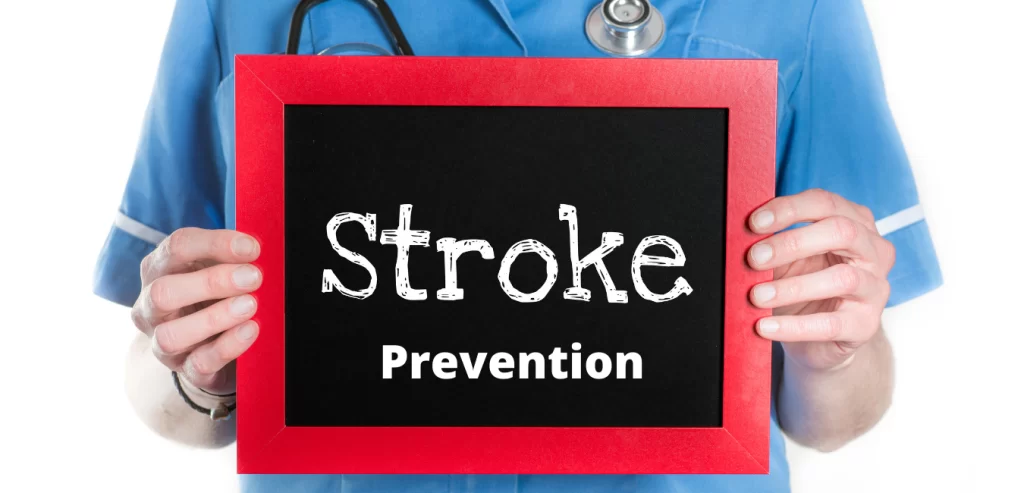The Role of a Neurologist in Stroke Prevention and Recovery

Your heart is pounding in your chest. Nervously, you sit in the waiting room of a doctor’s office. The neurologist walks in. She’s the brain whiz. She’s the one who explains that you’ve had a stroke. Your mind whirls thinking “What’s next”? How do you bounce back? These are puzzles only the neurologist can solve. In this blog, we’re exploring the part played by a neurologist in both preventing and recovering from strokes. We’ll be tapping into the well of knowledge provided by clinical research Falls Church to bring you the latest breakthroughs.
The Clinical Role of a Neurologist
Neurologists are like detectives. They investigate, diagnose, and treat disorders of the nervous system. When it comes to stroke, they’re the frontline warriors. They’re the ones who assess risk factors, recommend preventive measures, provide acute care, and guide rehabilitation.
Preventing a Stroke
Prevention is better than cure, it’s the mantra of a neurologist. Their goal is to stop a stroke before it happens. They do this by identifying and managing the common risk factors for stroke. These include high blood pressure, diabetes, and high cholesterol. They might recommend lifestyle changes, prescribe medication, or perform procedures to reduce the risk.
Acute Care and Recovery
When a stroke happens, time is brain. The faster you get treatment, the better your chances of recovery. Neurologists play a critical role here as well. They are the ones who determine the type and location of the stroke. They decide the most appropriate treatment approach. They lead the team that works tirelessly to save your brain.
But their job doesn’t end there. Recovery from a stroke can be a long journey. People may have to learn how to walk or speak again. They may need to rebuild their lives. Neurologists guide this process too. They direct therapy, manage post-stroke complications, and ensure people have the support they need to regain their independence.
Latest Findings from Clinical Research
In our quest to understand more about stroke prevention and recovery, we turn to the experts in clinical research. Their cutting-edge research is shaping our understanding of stroke. They are developing new strategies for prevention, devising innovative treatment approaches, and exploring new pathways for recovery.
One exciting area of their research is the role of lifestyle changes in stroke prevention. They are finding that a healthy diet, regular exercise, and stress management can significantly reduce the risk of stroke. Another focus is on new treatments that can limit the damage caused by a stroke and enhance the body’s natural healing processes.
These are just a few of the insights coming out of clinical research. There’s so much more to learn and understand. So, as we navigate the complex world of stroke prevention and recovery, we look to our neurologists, our brain whizzes, to guide us. To help us bounce back, and lead the way forward.

